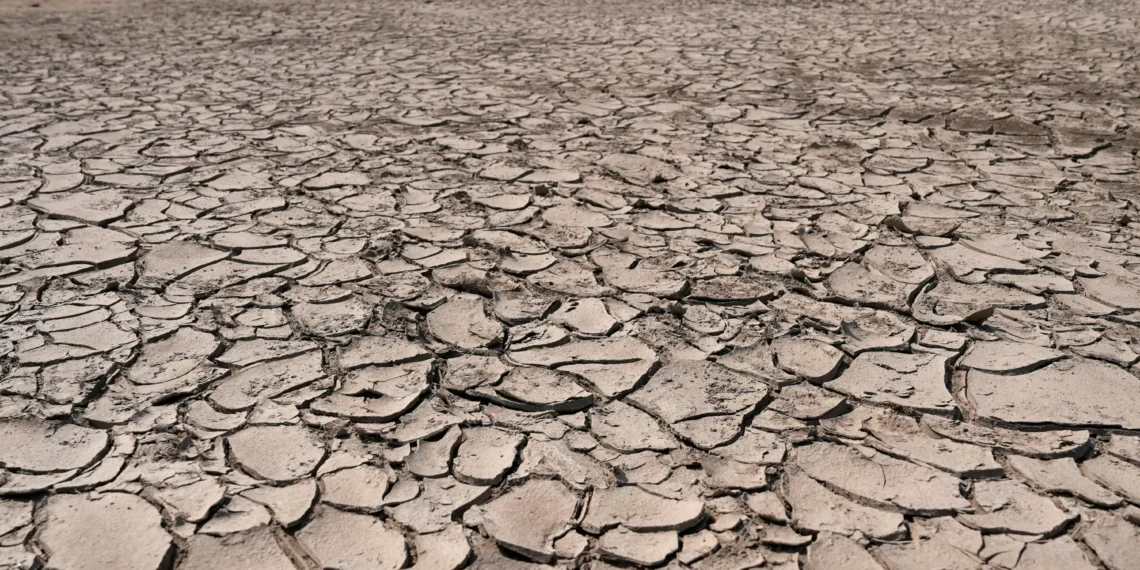Inaction on the Water Crisis: A Threat to Food Production and Our Future
Water is an essential resource for all living beings on our planet. However, it is also a finite resource that is crucial for food production, economic growth, and overall sustainability. In recent years, the world has been facing a serious water crisis, with many regions already experiencing severe water scarcity. And now, a major report published on Thursday has warned that if we do not take urgent action, we could be putting more than half of the world’s food production at risk by 2050.
The report, titled “Water, Food and Population: Trends and Future Scenarios,” was published by the United Nations Food and Agriculture Organization (FAO). It was compiled by a team of experts who analyzed the current state of water and food production globally and predicted the future scenarios based on current trends. And the results are alarming.
According to the report, nearly 3 billion people live in agricultural areas that are facing severe water scarcity. This not only affects their access to clean drinking water but also puts their livelihoods at risk. Agriculture is the largest consumer of water globally, accounting for 70% of all freshwater withdrawals. And with the world’s population expected to reach 9.7 billion by 2050, the demand for food will only increase, putting immense pressure on our already scarce water resources.
The report also highlights the fact that water scarcity has a direct impact on food production. Without sufficient water, crops cannot grow, and livestock cannot survive, leading to a decrease in food production. And this issue is not limited to developing countries. Even developed nations like the United States, Australia, and Spain have been facing water scarcity in recent years, resulting in reduced crop yields and economic losses.
Furthermore, the report predicts that the situation will only worsen if we do not take immediate action. By 2050, it is estimated that 4.8 billion people, or more than half of the world’s population, will live in areas facing severe water scarcity. This could have catastrophic consequences, not only for food production but also for human health, economic growth, and social stability.
So, what can we do to avoid this looming crisis? The report suggests that we need to shift towards sustainable water and land management practices. This includes investing in infrastructure for water storage, efficient irrigation systems, and wastewater treatment. We also need to promote responsible agricultural practices that use water resources efficiently and minimize waste. Additionally, we need to find ways to reduce food waste, which accounts for one-third of all food produced globally.
The good news is that there are already many success stories of countries and communities that have taken action and managed to improve their water management practices. For example, in drought-prone Australia, the government implemented a water trading system, which has significantly improved water use efficiency and increased agricultural productivity. In India, farmers have been using drip irrigation techniques, which use less water than conventional methods, resulting in improved crop yields and economic benefits. These success stories prove that it is possible to mitigate the effects of the water crisis if we take immediate and appropriate action.
Moreover, investing in sustainable water management not only benefits food production but also has positive environmental and socio-economic impacts. It can help mitigate the effects of climate change, reduce poverty, and promote economic growth. And with the world’s population projected to continue growing, ensuring food security for all is not only a moral imperative but also a necessity for our future well-being.
In conclusion, the report published by the FAO is a wake-up call for all of us. Inaction on the water crisis could have disastrous consequences for our food production and our future. It is time for us to come together and take action to ensure sustainable water management practices that will not only secure food production but also benefit our planet and its inhabitants. We must act now before it is too late. Let us make a positive and lasting impact on our world by addressing the water crisis and securing a sustainable future for all.







